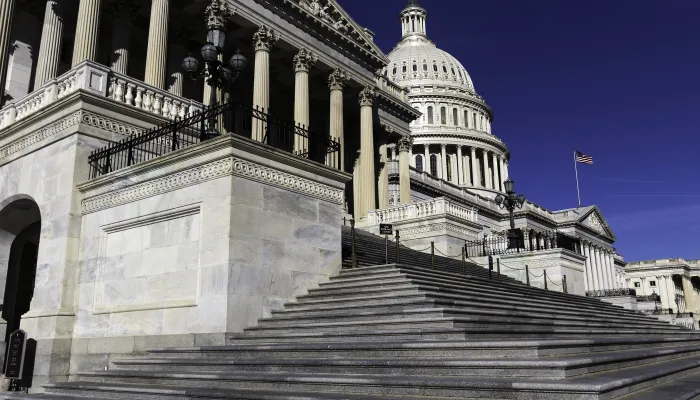Op-Ed: Grand Budget Bargain? No, Congress Would Prefer To Fight
Brookings | July 8, 2013
Barring a miracle, budget bargains, either grand or petty, are not in the cards this year. The Congress would prefer to fight. It is happily at war with itself over immigration, student loan interest rates, the farm bill, energy policy and the like. The president has abandoned his charm offensive, and is chasing other butterflies.
With no other candidates in sight, it is not surprising that tax reform has re-emerged as the major economic issue in Washington.
In the Senate, Finance Chairman Baucus and his Republican counterpart, Sen. Hatch, announced that they would soon begin work on a tax bill. The Senators intend to start clean, with a bill stripped bare of all tax preferences. Senate Finance Committee members were warned that they would have to amend that bill with any preferences they wished to restore or add.
Ways & Means Chairman Camp is still working assiduously to build consensus in his Committee. The members are well prepared, and thoroughly briefed, but there is no bill yet. Camp’s start may well be quite like that of Baucus and Hatch.
The “fresh start” approach is a splendid idea, one that was suggested in the Simpson-Bowles report. Both Bowles and Simpson have come out strongly in support the Senate process. Other tax reform advocates have similarly blessed the announced process.
However, huge obstacles remain. No process, however inspired, can overcome the fact that tax reform is still an essential part of a budget bargain. Each party’s sharply conflicting budget visions are dependent on tax reform. The Democrats need tax reform to fund their “investments” and control their deficits. The Republicans need it for tax cuts to stimulate growth.
Those differences mean that a stand-alone tax reform bill is almost impossible. Tax reform is too big a part of the budget to move by itself. It must be a part of the budget bargain. A good start is welcome because, at best, tax reform is a difficult and time-consuming effort. But, it will remain inextricably linked to a budget agreement. If there is no budget agreement, there will be no tax reform.
Therefore, it is folly for tax reformers to get over-enthusiastic now. Sens. Baucus and Hatch, and Rep. Camp, ought to be commended for bravery, and encouraged. They have a couple of years of hard work ahead of them with a high risk of failure.
A budget bargain requires negotiation and compromise on macro-accounts. Thereafter, the details can be thrashed out by the various committees. Tax reform has the same negotiation requirements, but, in addition, each petty little micro-detail has to be worked out in advance of passage. The devil is said to lurk in the details, and tax reform is the epitome of detail.
Perhaps an even greater problem is timing. A budget agreement and tax reform need to march together. If a tax bill is perfected long before a budget agreement is made, it will be subjected to a furious attack from all the losers in the preference game. No bill, however cleverly constructed, can withstand the full fury of a strong lobby scorned.
Tax reform’s last lap around the track was in 1986. Then, legislative leaders of both parties were guilty of conspicuous cooperation in the quest for tax reform. They, and the president, perceived that the bill was good for the country and for both political parties. That attitude won’t appear again at either end of Pennsylvania Avenue until there is some budget agreement.
There is none now. Funding the government for FY ‘14 will be by Continuing Resolution(s). The debt ceiling, which has to be settled this fall, could be a major crisis and another train wreck for the economy. House Republicans, who lost that debate in 2011, still see value in the debt ceiling even though the President has declared it “non-negotiable.” Even budget “hawks” are beginning to despair that this is not the year for budget compromise.
So let the Finance and Ways and Means Committees begin the tax reform process with the good wishes of tax reform advocates. Just don’t expect the exercise to be crowned with success until Congress is ready to deal with the larger budget issue.
What's Next
-

-

-
Image
